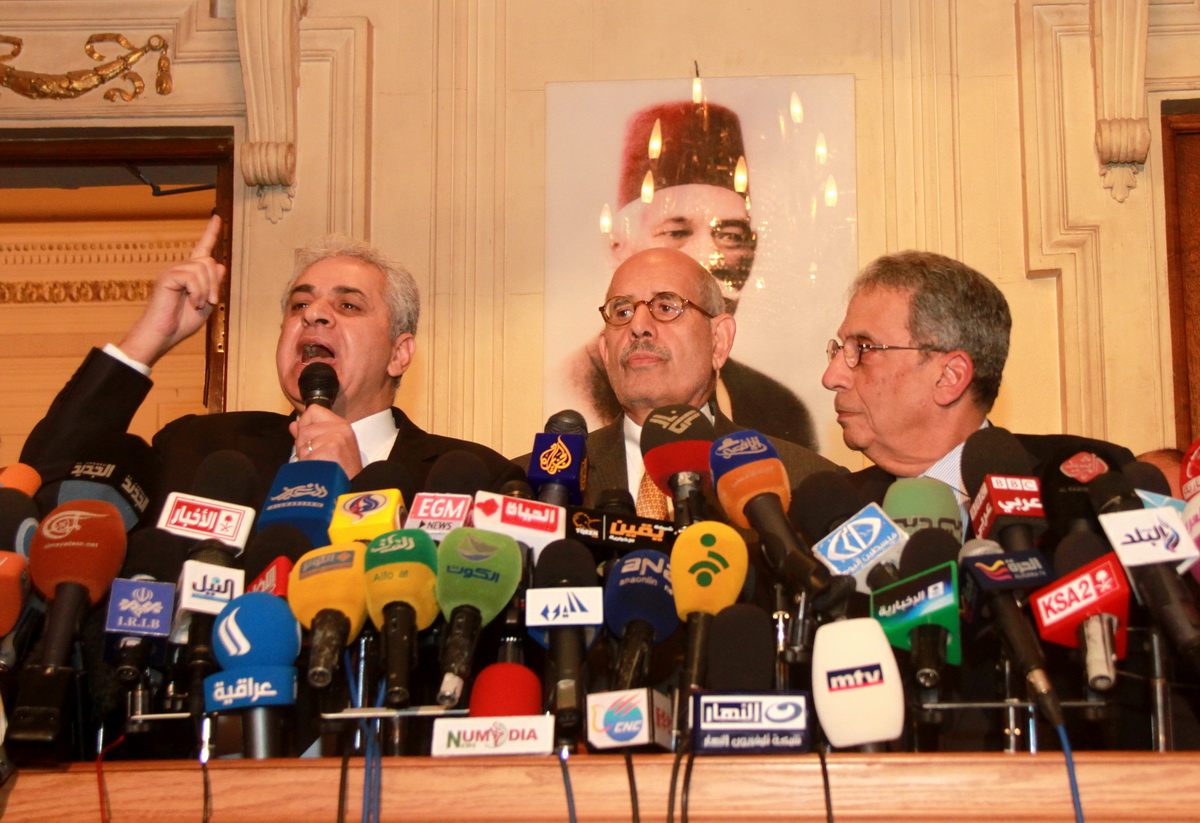
“Animal rights are of no concern to me until human rights are abided by” is the opinion of many, if not most, Egyptians. But what if people knew that sexual harassers, serial killers and child abusers all started off as animal offenders?
Animal rights are an integrated part of human rights, as violence is a cycle. If children are not brought up and disciplined to care about all God’s creatures, every time they harm one, a little black dot is formed in their heart, until all of it is darkened and blinded from any living soul.
Be it stray or not, violence against animals has reached a gruesome point in our society.
Instead of finding solutions to the problem, for long years all the government has done is kill street animals whether with strychnine poison or through shooting them, sometimes missing the target and shooting multiple times without an instant death. Either way, the animal dies a painful, slow death.
Even in the Cairo University Veterinary school, the animals used for student training are treated with cruelty, electrocuting a baby donkey for instance. Two students witnessed live dogs thrown from a third floor faculty window.
In touristic sites, horses and camels are not given proper food or health care, and are subjected to extreme physical abuse. Workers make the most out of them before they let them die alone in the desert.
Donkeys are treated the same way, while carrying loads more than their backs can bear. Typically, they are hit with sticks to move faster.
“People tend to get creative in how to make strays suffer; I even saw people skinning them alive,” said Mohammad Shebl, an animal rights activist at the Egyptian Society for Mercy to Animals.
As a game, children set cats’ tails on fire and throw puppies in the Nile to drown. Other methods of torture are hitting them with sticks and rods, strangling them with ropes and wires, throwing acids on them and putting broken glass in food, tearing their stomach lining.
When Khedive Ismail decided to build the Giza Zoo in 1891, he didn’t know that the 85 acres would become a dump. Animals are beaten and chained down. They suffer from malnutrition and small, dirty cages with awful smells. Diseases have spread, even among rare species, and many seem severely depressed. There are six other zoos in Egypt in different governorates, none of which’s condition is better than the one in Giza.
Beside the zoos, we have the Egyptian National Circus. With no food, restricted movement, trainers who know nothing about animal behavior and psychology and animals that are drugged or beaten to submission, the circus is a suitable home for no animal.
In a country where butchers are supposed to follow the Islamic Sharia in slaughtering, what happens is the exact opposite. Animals are fully able to view others being killed, both prior to and during their own slaughter, with the sight and smell of blood driving them crazy. To keep them from running away, their rear leg tendons are slashed and they are stabbed and poked in the eye. Some animals have their throats cut repeatedly after attempting to stand, stagger about and bleed after the first cut.
On 5 December, 1979, the Council of Animal Welfare in Britain declared the five freedoms for animals: freedom from hunger and thirst, freedom from discomfort, freedom from pain, injury or disease, freedom to express normal behavior and freedom from fear and distress.
Despite the fact that there are about ten animal rights organisations in Egypt and social media campaigns calling for action, none of these freedoms are officially applied in the country.
Social psychologist Dr Nashaat Hussein says, “the whole issue is related to [Egyptian] society’s culture in dealing with animals. Some cases of physical abuse, especially the ones inflicted by children, are a result of psychological problems the abusers have.”
Professor of social psychology Dr Amy Carillo says, “in Egypt, children may be witnessing others abusing animals and therefore feel that it’s appropriate behavior.”
“Humans can get their rights themselves, but animals can’t do that,” says activist and shelter owner Amina Abaza. “They have no lawyers, no police not even hands to fend for themselves or a tongue to speak for their rights.”
Veterinarian Dr. Mina George says the solution is good education, implanting values and principles since childhood, and watching the behaviour of children. He also says that veterinarians need to take interest in this issue. There must also be awareness-raising campaigns in the media, and strict law enforcement.
In terms of the economy, it is better for the government to apply neutering and spaying programmes to reduce the number of homeless animals instead of spending thousands and thousands of pounds on poison and bullets. If a country with as much poverty as India can do it, then it is not that costly or difficult. Private organisations should not be the only ones playing this important role.
The basic thing to do is leave them alone, however entertaining any form of abuse might be.
Being human does not make one humane. Being human means not treating other creatures like one owns their soul.
Aya Nader is a masters student at the American University in Cairo, studying International Relations.



